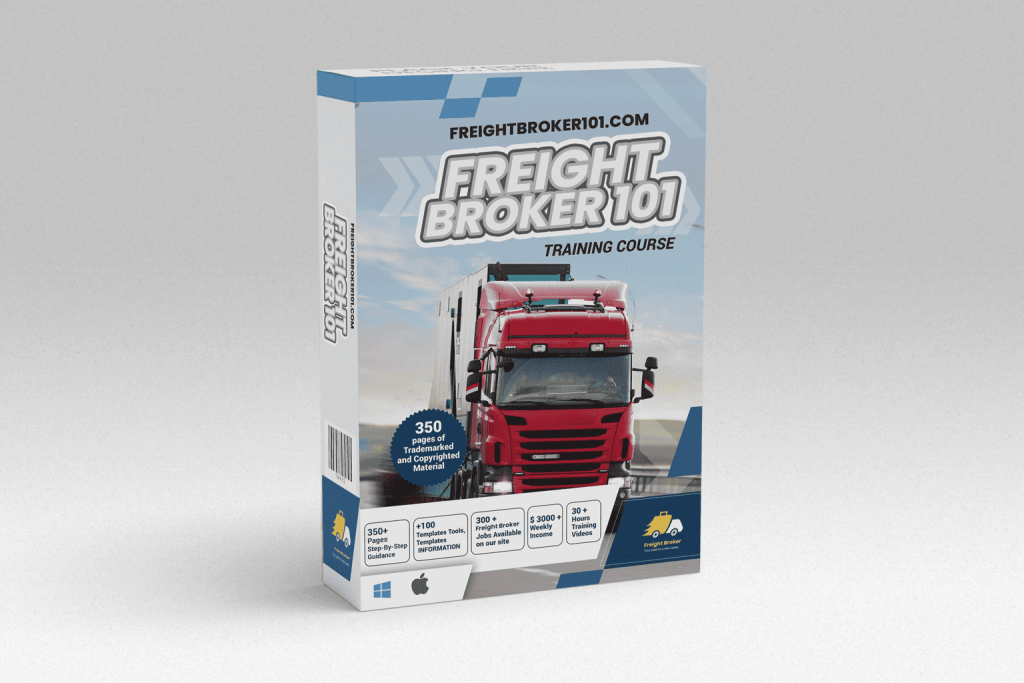How To Reduce Truck Fuel Consumption?
March 6, 2022 2022-07-01 0:17How To Reduce Truck Fuel Consumption?
Freight transport has become an integral part of modern life. At the moment, the sphere of cargo delivery is developing widely. This direction requires a well-developed transport with all the conveniences for drivers. We are all accustomed to seeing oversized trucks on the roads that are engaged in the transportation of bulk materials or other cargo. At the same time, when operating trucks, it is necessary to pay special attention to fuel economy. How to reduce fuel costs and what can be done to do this without compromising the results of work, as well as the condition of the truck itself, is described below.
Ways To Reduce Fuel Consumption

American truck drivers work on models that have an extended hood. Such machines have already established themselves as a business card. Moreover, the presence of such a strange nose is understandable. In the design of such trucks, a separate place is provided for placing the power unit. This arrangement of trucks is explained by the peculiarities of local roads and operating conditions.
The logistics market is not only a very promising and monetary industry, but also constant competition between companies that are looking for all sorts of ways to improve their work and stay afloat, as well as increase capital. They are the ones who dictate new trends. Logistics trends. And one of the leading trends nowadays is cutting costs and increasing profits from the supply process.
Knowing the fuel consumption of a vehicle based on the mileage of 100 km will help the driver avoid many problems on the way along a given route. This issue is really very important, especially if there are no gas stations on the road, a long trip is planned, the route is practically unfamiliar, and under many other objectively existing circumstances.
Real fuel consumption can be estimated in a practical way or using calculation formulas. In the first case, the required readings are obtained empirically. For this, a full tank is poured at the gas station and the speedometer readings are recorded. The car is operated during the day in various modes and when the red lamp lights up, you have to fix the final figure of the rally, refuel at the same gas station and, having collected the data obtained, you can carry out the final calculation.
For example, before the start of the experiment, the speedometer recorded the figure of 10540 km, after the end (at the time of refueling) – 10820 km. Consumption was 25 liters of fuel. Which means that it took 25 liters of fuel to travel 280 km in various modes (the so-called “mixed cycle”). Accordingly, per 100 km was spent: 25×100 / 280 = 8.9 liters of fuel. For 1 km of run, respectively, 8.9 / 100 = 0.089 liters are spent. In the case of long trips (this situation often happens among truck drivers), you should know how many kilometers you can cover using 1 liter of fuel. You can learn such calculations in a specialized company that trains specialists in calculating cost savings and increasing income in the delivery of goods. In the USA, dispatch services are actively involved in these services.
The Role of Fuel Management Systems and Increasing Actual Profits

All of the above methods are more or less averaged. The exact value always depends on many parameters (driving style, season of the year, the degree of deterioration of the car, equipment, etc.), which are not always fully taken into account. An alternative solution is full automation of fuel level control using special control systems.
Modern fuel control systems, which guarantee high accuracy of the obtained values at any point on the route, help to optimize the process of monitoring the fuel level consumption based on a certain mileage. This ability of automated GPS monitoring systems is especially valuable to owners of medium and large motor transport enterprises and construction companies that use powerful resource-intensive special equipment in their work. In addition to the obvious advantages of automating the fuel consumption control process, the company’s management receives a number of other serious advantages and the ability to:
- significantly reduce the likelihood of theft of a vehicle;
- minimize the percentage of unproductive work time;
- optimize logistics schemes and increase the profitability of the business as a whole.
The pandemic and its aftermath have led to an increase in consumer demand for e-commerce, which in turn raises the demand for targeted deliveries. In order to reach a larger share of the market and increase competitiveness, many companies are considering expanding their car fleet and switching to targeted deliveries. Of course, there are also disadvantages in this niche: targeted delivery can provoke tight schedules and additional costs in the supply chain, but this is a clear trend.
With the aim of reducing the costs of servicing the truck, increasing profitability, and picking the best-paid product without spending time searching for an order, dispatch services were created to service long-distance deliveries in the United States. The staff of such a service employs highly professional specialists who are able to calculate the optimal route in a short time and provide the most profitable orders along the way.
What kind of benefits provide Dispatching service?
Ultimately, the truck driver wins on the following parameters:
- on choosing the best route;
- on fuel economy when following the optimal path;
- on the reduction of delivery time;
- on receiving the most profitable orders along the way.
Truck Dispatch Services in the United States are the best way to cut costs and increase revenues from work performed.
Most modern trip computers record, calculate and display the distance traveled, average speed, average fuel consumption and instantaneous fuel consumption. In most cases it will tell you your range i.e. how many more kilometers can you drive before you need to refuel; however, if your car is a little older and does not have an onboard computer, you will have to rely on simple math to get a more realistic idea. And in order to remove from the driver the need to carry out these calculations, and to provide an opportunity to fully concentrate on their direct duties, you just need to use the services of the dispatch service.
A few words as a conclusion
There are special services that prepare dispatchers for this work. Today this is an extremely widespread area, which will actively develop for the next few years. Truck drivers will be looking for ways to increase their income and reduce maintenance costs for a long time to come. Therefore, getting the profession of a dispatcher is a very promising direction that will open up many opportunities for all parties. Detailed information can be obtained on the official website of the dispatcher training and provision service, and you can also go through a consultation, during which you can get answers to all your questions.



